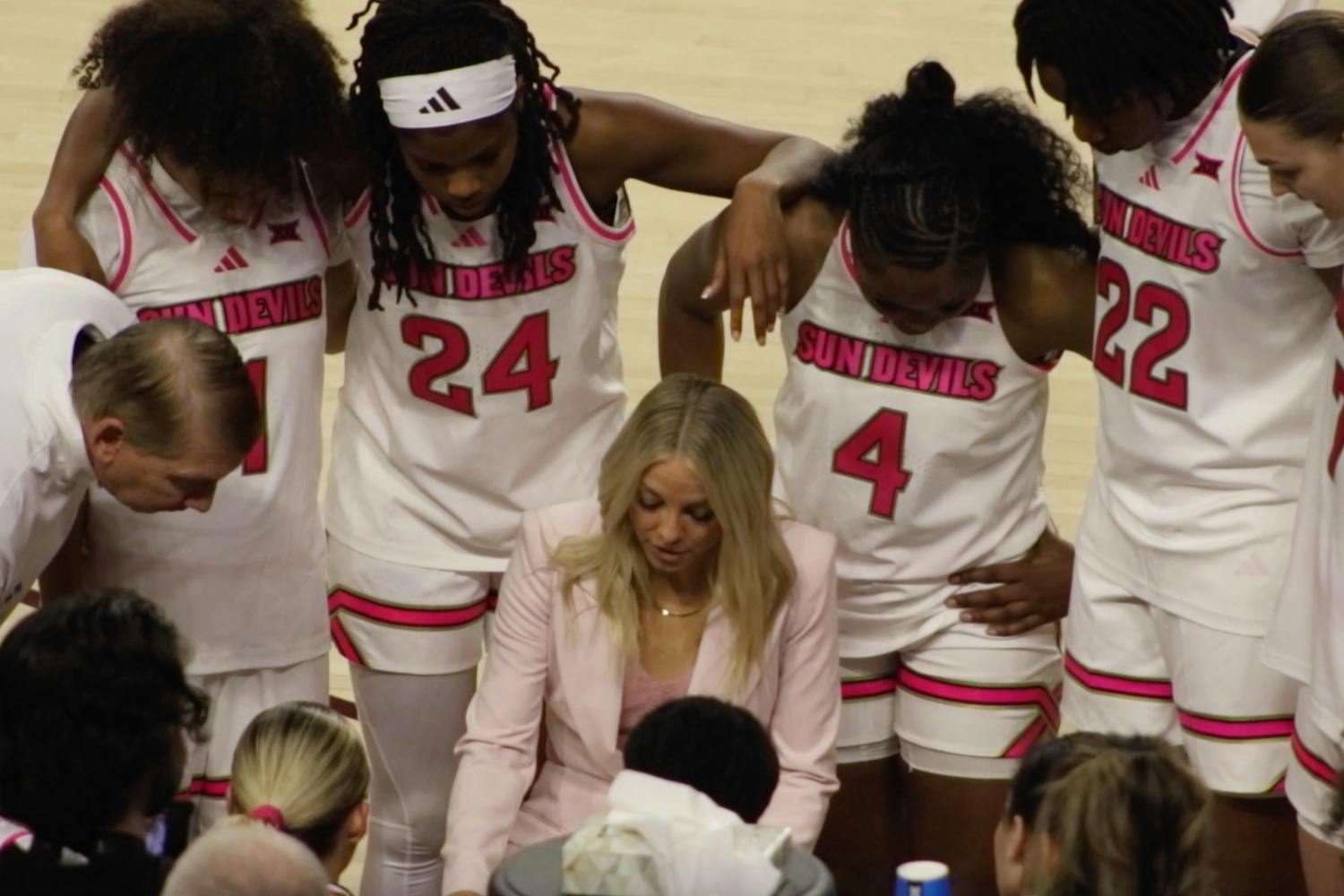In a nation that boasts itself on freedom, equality and opportunity, many Americans hold themselves to very specific and varying standards and ideals. Upset has begun to mount about a new ASU English course taught by assistant professor Lee Bebout. As a collegiate level topic class, “U.S. Race Theory and the Problem of Whiteness” presents an issue that requires deeper thought and understanding.
The course title resulted in outcry from the hosts of Fox & Friends in partnership with ASU student and Campus Reform spokesperson, Lauren Clark. As students, we are asked to determine our schedules based on the classes necessary for our degree programs and the courses which interest us. We are asked to do exactly what we were once told not to — judge a class by its title.
ASU’s statement explains, ”This course uses literature and rhetoric to look at how stories shape people's understandings and experiences of race. It encourages students to examine how people talk about — or avoid talking about — race in the contemporary United States.” Many would agree that an academic perspective on a topic as heavily discussed — or ignored — as race would be a fascinating topic to explore in a setting of peers and professors. I would certainly take an opportunity to explore these ideas and social constructs.
Read the opposing column, "Why we need U.S. Race Theory & the Problem of Whiteness" here.
The Whiteness theory is not nearly as well known as the creators of the course may have assumed, therefore creating assumptions that may not have been anticipated by ASU. The course was designed to view “whiteness” as a paradigm which a class and culture can fit into. According to Kaila White of The Arizona Republic, “The idea of 'Whiteness' as a concept, rather than just skin color, has been a popular topic for research and academic classes since the late ‘90s.”
Audrey Thompson, a professor at the University of Utah who taught a similar course entitled “Whiteness in Cross-Race Classroom Relationships” wrote in her "Summary of Whiteness Theory," “Toni Morrison has used the following metaphor to describe the invisibility of whiteness: it is like the fishbowl that contains both fish and water. Whiteness, in other words, provides the very context for meaning-making. It supplies the norms and categories against which all groups are measured. But the categories of whiteness are invisible as constraint because we keep focusing on what is inside them — the water and the fish, rather than the fish bowl itself.”
Thompson’s explanation illustrates an entirely different definition to the term, “whiteness,” than what might have been interpreted by the masses. The title could, unfortunately, be easily shoved into the category of overgeneralizing without context.
In light of the recent racial tension and widespread protests sparked by police brutality and the death of Michael Brown in Ferguson, a course in this subject is necessary, but bound to spark some controversy. As the largest institution of higher education in the nation, ASU should have anticipated a somewhat aggressive reception by some of a course called “U.S. Race Theory and the Problem of Whiteness.”
“The class is designed to empower students to confront the difficult and often thorny issues that surround us today and reach thoughtful conclusions rather than display gut reactions.” ASU concluded its statement.
Reach the columnist at smmaki@asu.edu or follow @Syd_neym on Twitter.
Like The State Press on Facebook and follow @statepress on Twitter.
Editor’s note: The opinions presented in this column are the author’s and do not imply any endorsement from The State Press or its editors.
Want to join the conversation? Send an email to opiniondesk.statepress@gmail.com. Keep letters under 300 words and be sure to include your university affiliation. Anonymity will not be granted.





